The science of happiness
Happiness depends on a number of things: genes, habits, and what’s going on in our lives at a specific moment in time. Here’s what you can do to be happier.

Management guru Peter Drucker once said:
“If you can’t measure it, you can’t manage it.”
Although Drucker was talking about work, this famous principle applies to our lives outside the office as well. For example, it’s hard to manage a budget if you don’t know what you’re spending your money on.
Similarly, tracking steps with a pedometer can help you figure out if you’re getting enough exercise and keeping a log of what you eat makes it easier to stick to a diet. Tracking data about ourselves can give us an objective insight into our daily lives, giving us the tools we need to achieve our self-improvement goals.
Quantified self is a movement that promotes self-tracking and using personal data to improve our health and well-being.
Like analysts who use data to improve marketing campaigns or traffic flows, quantified self aficionados use mobile apps and gadgets to track and analyze their daily lives.
The uptick in compact technology over the past decade has made personal data collection easier than ever. Your mood, diet, spending, blood pressure, productivity — the list of things you can measure about yourself is endless.
The most common things people quantify include
There are plenty of devices you can use to quantify your life, from free apps to expensive gadgets. Here is a short list to get you started.
You’ll find all the data sources you can plug in the My Data tab in the app.
Absolutely! Companies are already benefiting from people analytics — predictive talent models that help HR managers identify, recruit, and retain the right data. Relying on data helps hiring managers eliminate subconscious biases and effectively sort through thousands of resumes in minutes.
Totally! The technology boom is generating tons of digital biomarkers: consumer-generated physiological and behavioral measures collected through connected digital tools.
In the future, this data can be used to guide a person’s care or combined with data from other people to enable more precise population health management. The opportunities in the healthcare sector are endless.
We have the largest database of HRV measurements coupled with lifestyle data in the world. We let users plug in all the apps and gadgets they used to quantify their lifestyles, then track how factors like sleep, work, and exercise affect their stress levels and productivity.
Welltory Team, 23 Dec. 2021

Happiness depends on a number of things: genes, habits, and what’s going on in our lives at a specific moment in time. Here’s what you can do to be happier.

Scientists have found out that ergonomic office desks and chairs help to improve overall health, boost productivity and increase concentration. Find out how you can improve your workplace.

Do you often suffer from headaches? Find out what the difference between a headache and a migraine is and check for symptoms.

Find out how to track air quality, humidity and noise levels to optimize your performance and to avoid frequent colds.
 App Store
App Store
 Google Play
Google Play
 Huawei AppGallery
Huawei AppGallery
 Galaxy Store
Galaxy Store







